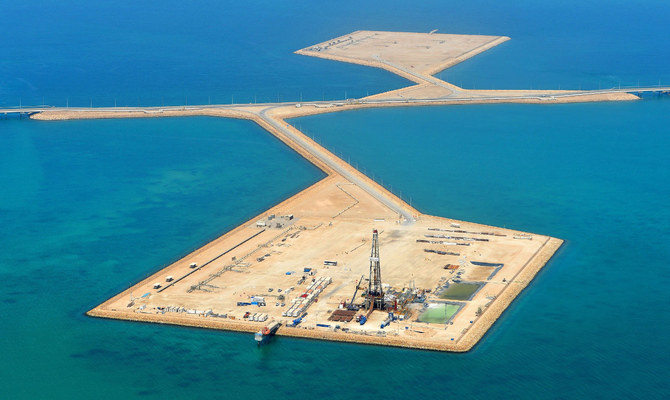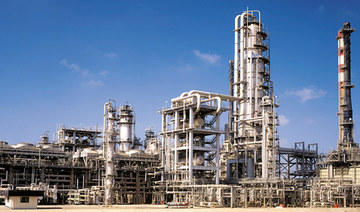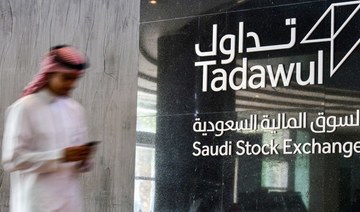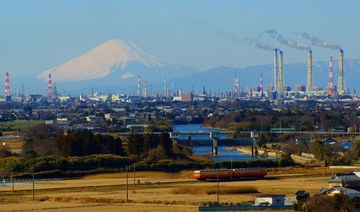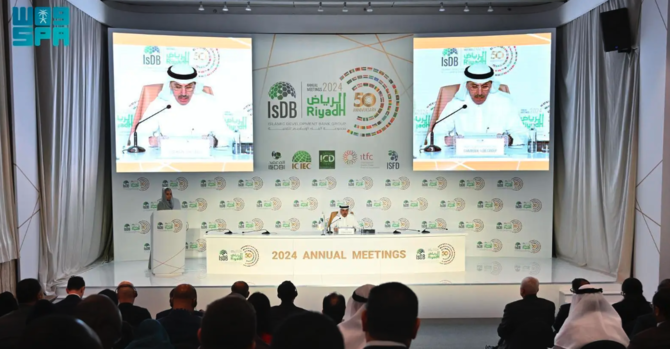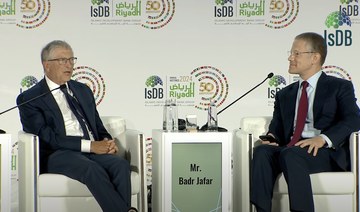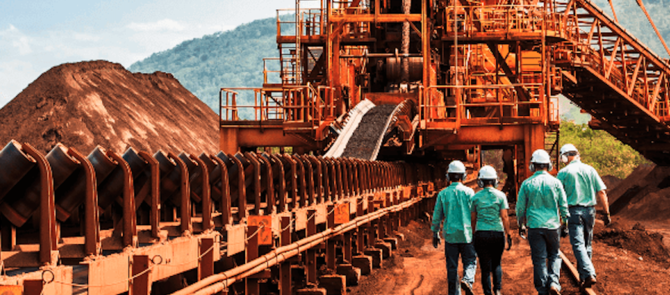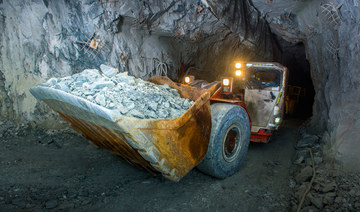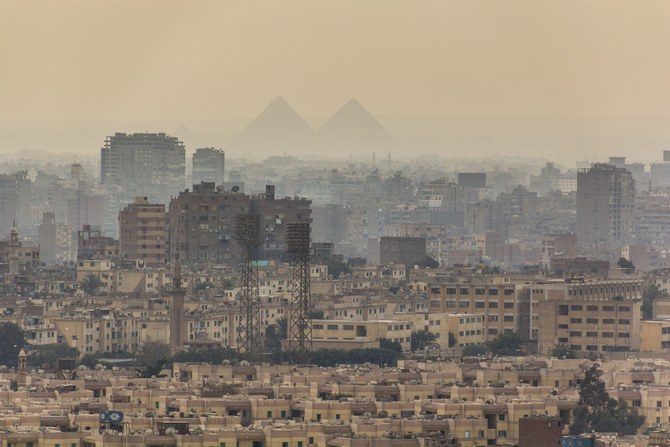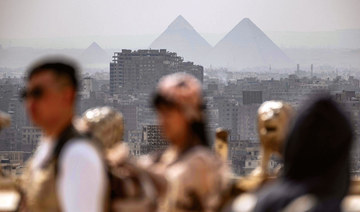JEDDAH: Luberef, the base oil firm of Saudi Arabian Oil Co., is launching a new specialty production facility in Yanbu that will manufacture transformer oil and white oil used in power generation, pharmaceutical and food businesses.
Called Lube Hub, the facility will enable the localization of these specialty products in the Kingdom. The venture will attract producers and operators of base oil-related products.
“We are trying to attract investment from companies to start some of the specialized products that are not being produced in Saudi Arabia, including transformer oil and white oil,” Tareq Al-Nuaim, president and CEO of Luberef, told Arab News.
White oil is a highly refined, premium-quality mineral oil used in food processing plants and applications that require exceptionally pure white mineral oil.
The Royal Commission for Jubail and Yanbu will provide the land and utilities, while Luberef will supply the operating companies with raw materials.
“The royal commission provides the land and the utilities while we work with different government entities to put together a package that will attract investments into the company,” said Al-Nuaim on the sidelines of a conference on base oil and lubricants held recently in Jeddah.
During the conference, Luberef signed four memoranda of understanding with international oil trading companies such as Apar Industries, Chemoil, National Oil and Chemical Co., Petromin and Day Candle.
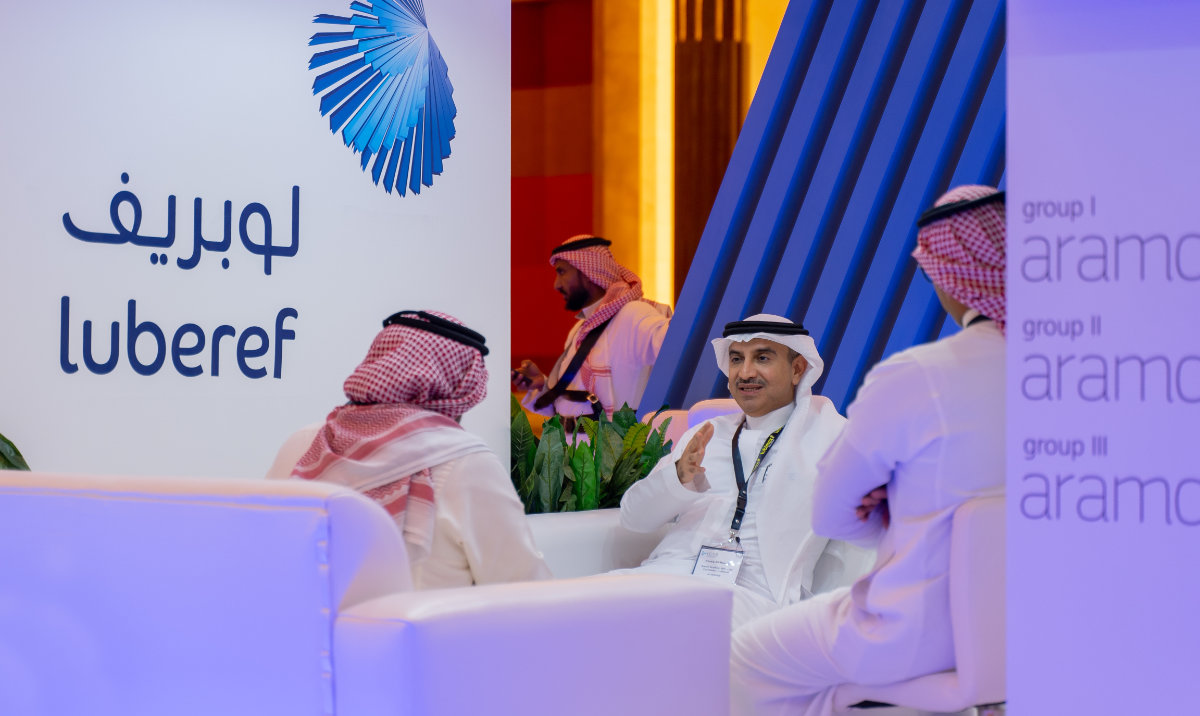
Tareq Al-Nuaim, president and CEO of Luberef. (Supplied)
“The investment will not be allocated by us; it will be done by those interested companies. We have seen interest by the companies in the specialty oil business,” he said.
According to Al-Nuaim, Lube Hub is an unlimited investment opportunity, as more lands would be granted when the first one is filled with specialty oil producers and operators associated with the base oil industry.
Established in 1976 and headquartered in Jeddah, Luberef is one of the largest base oil producers in the world and the leading virgin base oil producer in Saudi Arabia.
From its two facilities in Yanbu and Jeddah, Luberef has a combined capacity to produce 1.3 million metric tons per annum of base oils used in high-value branded lubricants, primarily meant for the automotive, marine and industrial sectors. “We have plans to increase the production in the future,” the CEO said.
Around 36 percent of its production is focused on Saudi consumption; the rest is exported to 15 markets worldwide. “Our strategy is always to satisfy the local market first, and the excess is exported,” he said. While Luberef is a 70:30 joint venture between Saudi Aramco and Jadwa Industrial Investment Co., there were talks about it planning to raise over $1 billion through an initial public offering.
According to Bloomberg, the plan was to sell the 30 percent stake owned by JIIC, which it had acquired from Exxon Mobil Corp. in 2007.
With the move, Luberef would have joined the long list of Aramco subsidiaries already listed on the Saudi stock exchange, including Saudi Basic Industries Corp. and Rabigh Refining & Petrochemical Co.
The CEO neither confirmed nor denied the discussion but was upbeat about raising investments to meet the company’s future demands.
“The company has been in business for 45 years, and it has been very successful in moving with the increased demand, so I think this will continue to happen in the future.”
Saudi Arabia is seeing a growing demand for base oil as it is poised to become the fastest-growing economy this year. In fact, the local demand has exceeded pre-pandemic levels, and the international market is also catching up.
“Saudi economy is the fastest growing economy in the world today, and with many projects in the pipeline, we are seeing quite healthy growth for base oil. Also, when it comes to volumes, we are back to the pre-pandemic level.”
Saudi Arabia hosted the 17th Independent Commodity Intelligence Services, Middle Eastern Base Oils & Lubricants Conference at The Ritz-Carlton Jeddah from Oct. 10-11.
This year’s edition was the first to be held in Saudi Arabia, driven by ICIS’s desire to capitalize on the wave of growth that the Kingdom’s thriving base oil and lubricants industry has enjoyed in recent years.



